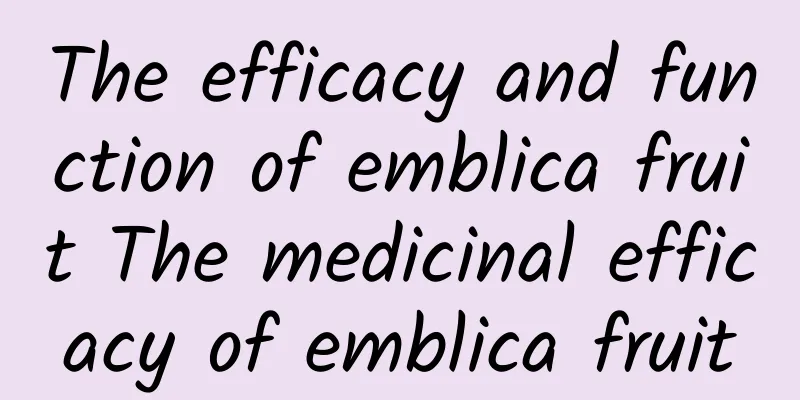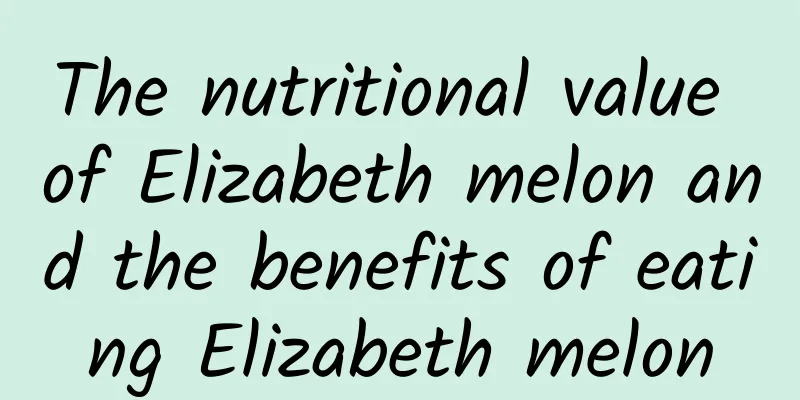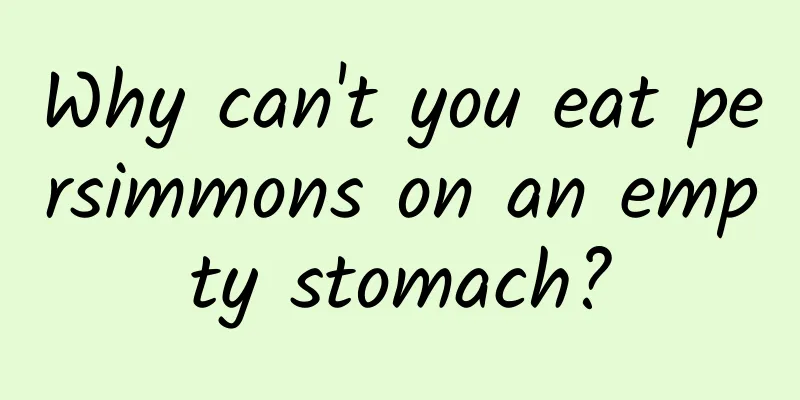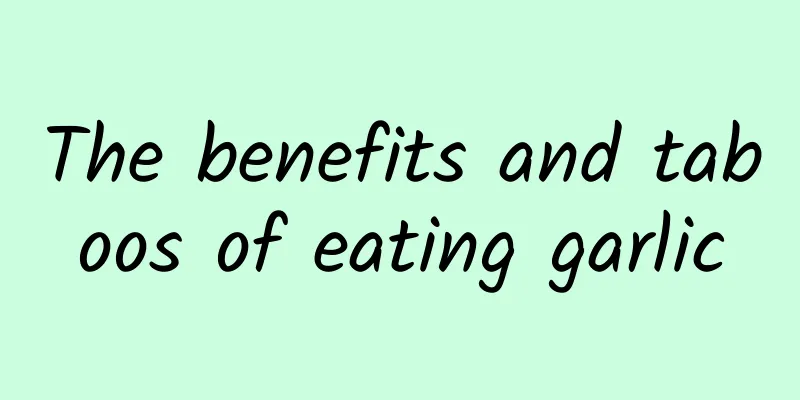The difference between small and large persimmons and the benefits of eating persimmons
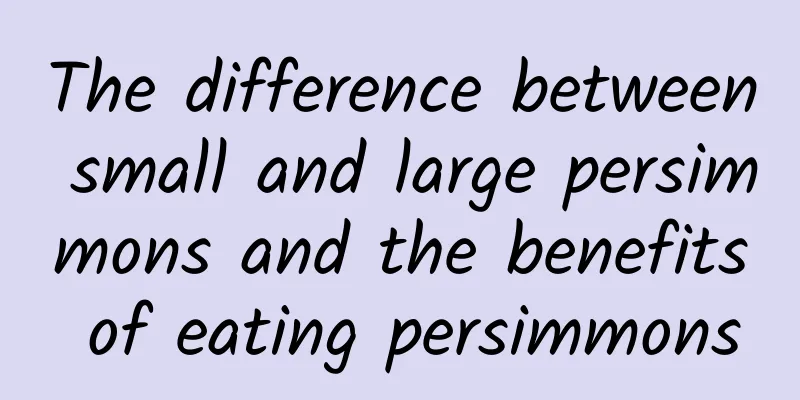
|
Small tomatoes and large tomatoes are both common fruits in our lives. They are bright red in color, sweet and delicious. However, there are certain differences between small tomatoes and large tomatoes. If you want to know more, you can read the detailed introduction below. It will also let you know the benefits of eating more persimmons in daily life. The difference between small and large tomatoes1. The most important difference between small tomatoes and large tomatoes is reflected in their appearance. Because their sizes are most obviously different, a single small tomato weighs only a few grams, while a single large tomato weighs several hundred grams. This is the most important difference between the two. 2. Small tomatoes and large tomatoes are both types of tomatoes, and they taste similar, but there is a major difference between small tomatoes and fruit tomatoes. Small tomatoes are bright red while fruit tomatoes are dark yellow. Fruit tomatoes also have a distinct color and smell, while small tomatoes have no color or smell. This is also the main difference between the two. Benefits of eating persimmonsBeauty and skin careIf people eat more persimmons on a regular basis, they can absorb rich nutrients and beautify their skin. The nutrients such as lycopene and carotene contained in persimmons can improve skin elasticity and reduce wrinkles after being absorbed by the human body, and can prevent the formation of pigmentation. It can whiten and nourish the skin, make human skin quality better and better, and can also play an important role in lightening spots and whitening. Cancer prevention and treatmentEating more persimmons can also prevent cancer, because the lycopene contained in persimmons is a natural antiviral factor, which can inhibit the activity of carcinogens in the human body, prevent human cells from becoming cancerous, and significantly enhance the body's own anti-cancer ability. In addition to these benefits, eating more persimmons can also promote digestion, kill bacteria and stop bleeding, and prevent the three highs. It plays a very positive role in maintaining human health. Today, we have learned about the difference between small tomatoes and large tomatoes, and also let everyone know the specific benefits of eating persimmons. If you also like these delicious fruits, you can eat them often in your future life. Source: Encyclopedia of Fruit and Vegetable Knowledge. If you think this article is good, please share it! |
<<: How to grow Dendrobium officinale? How to grow Dendrobium officinale?
>>: The efficacy and function of small persimmon
Recommend
Fish Congee
How much do you know about the method of making p...
What are the benefits of eating more apples?
Apple is a very good fruit and is suitable for ma...
Tomato seed saving method steps
Tomatoes are a vegetable that everyone likes to e...
The efficacy and effects of wolfsbane, the contraindications and side effects of wolfsbane
Wolfsbane, also known as continued poison or whit...
The nutritional value of soda meat and the benefits of eating soda meat
Have you ever eaten soda meat? Do you know its nu...
Steps to make fried rice and red bean porridge
I believe everyone is familiar with the steps for...
The efficacy and function of calyx spur flower
The calyx spurred flower belongs to a plant of th...
What is Standard Life Insurance? Standard Life Insurance Reviews and Website Information
What is the Standard Life Assurance website? Stand...
What is the effect and function of Sanjinmei?
Sanjinberry, also known as Sanjinmei, is a delici...
How to eat lotus seeds best? Tips for eating lotus seeds at home
Lotus seeds are a common dry food ingredient in l...
What are the benefits of eating yam? Introduction to the benefits of eating yam
Chinese yam is a common root vegetable with high ...
The benefits of brown rice porridge
Brown rice porridge is a kind of health porridge ...
The difference between purple onions and white onions
Purple onions and white onions are very common, a...
How is Metro Daily? Metro Daily reviews and website information
What is Metro International? Metro International i...
Broad bean recipes: steps for making broad beans at home
Here are some broad bean recipes that I recommend...




